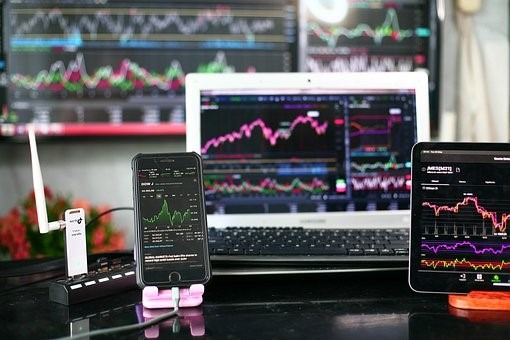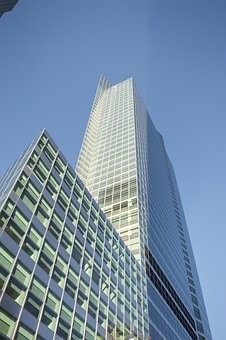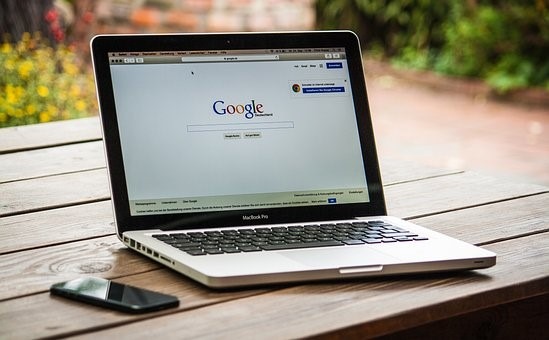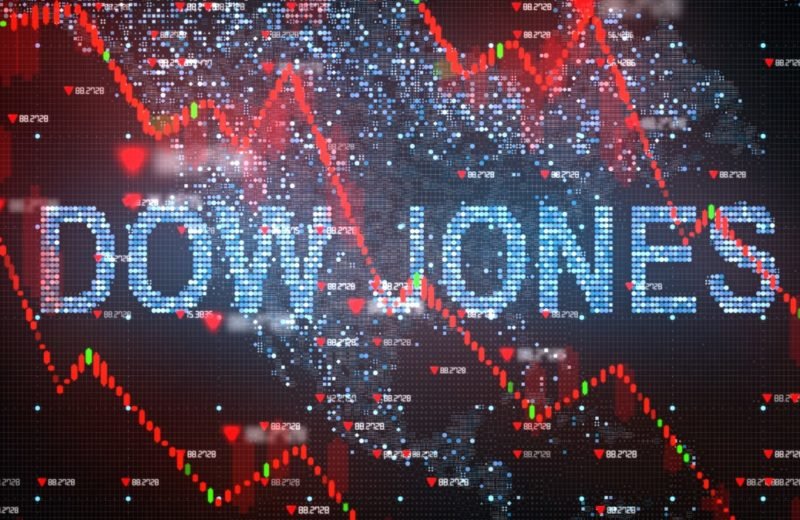Buying back own shares or debt securities (corporate bonds) is again a hot topic in the financial world. The biggest case in recent times is certainly related to the takeover of the failing Swiss banking giant Credit Suisse.
Namely, as a buyer/undertaker, the UBS banking group has committed to giving 178 million of its shares for a 22.48 percent stake in Credit Suisse – and withdraws a good part of them from the two-year buyback program that started in March last year. It is planned that UBS will buy back 298.5 million of its shares for those two years, equivalent to 8.47 percent of the group’s total issued shares.
The acquisition of Credit Suisse cost UBS three billion Swiss francs, with another five billion francs in assumed debt.
At the same time, on the other side of the planet, one of the richest men in the world, Gautam Adani, is trying to stop the decline of his financial empire after a report by the American independent analyst firm Hindenburg Research called his rise “the biggest corporate fraud in the world,” leading to the loss of Adani Group’s market capitalization of almost 100 billion dollars in just one month.
Adani decided to buy the corporate bonds of its most important company, Adani Ports, operator of some of the world’s largest ports, through which 32 million metric tons of goods passed in March alone, with an annual growth of 9.5 percent.
Therefore, it is not a “naive” global market at all. For example, the Wall Street Journal estimates that only the prestigious S&P 500 index companies will spend about a trillion dollars on their buyback programs this year.
Why do large companies decide to buy back their shares in the first place?
In principle, this mechanism allows them to consolidate their value while reducing the number of shares in circulation on the open market, which can also have several strategic benefits, depending on the situation. They mostly buy them when their price is below the expected or desired value to “remove” them from circulation in time and raise the price of the remaining quantity.
The buyout process allows the company to give shareholders a tender offer at a premium to the current market price, where they can tender all or part of their shares within a given time frame. Alternatively, a company may have a pre-arranged program of share buybacks on the open market at certain time intervals, as with UBS. The S&P 500 company can finance the buyback with cash or cash flow from operations, which is why it is important to have increased liquidity at that time.















